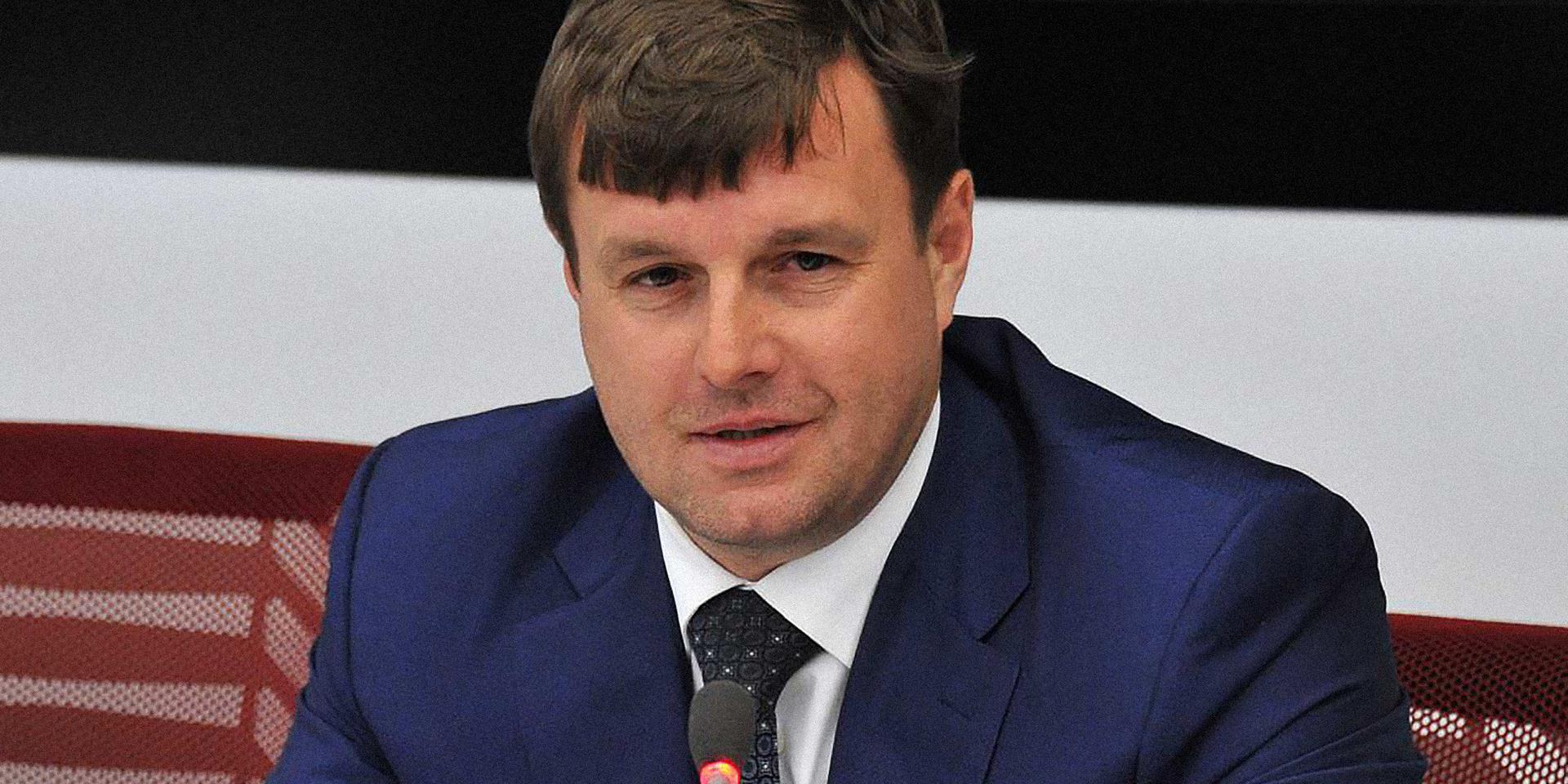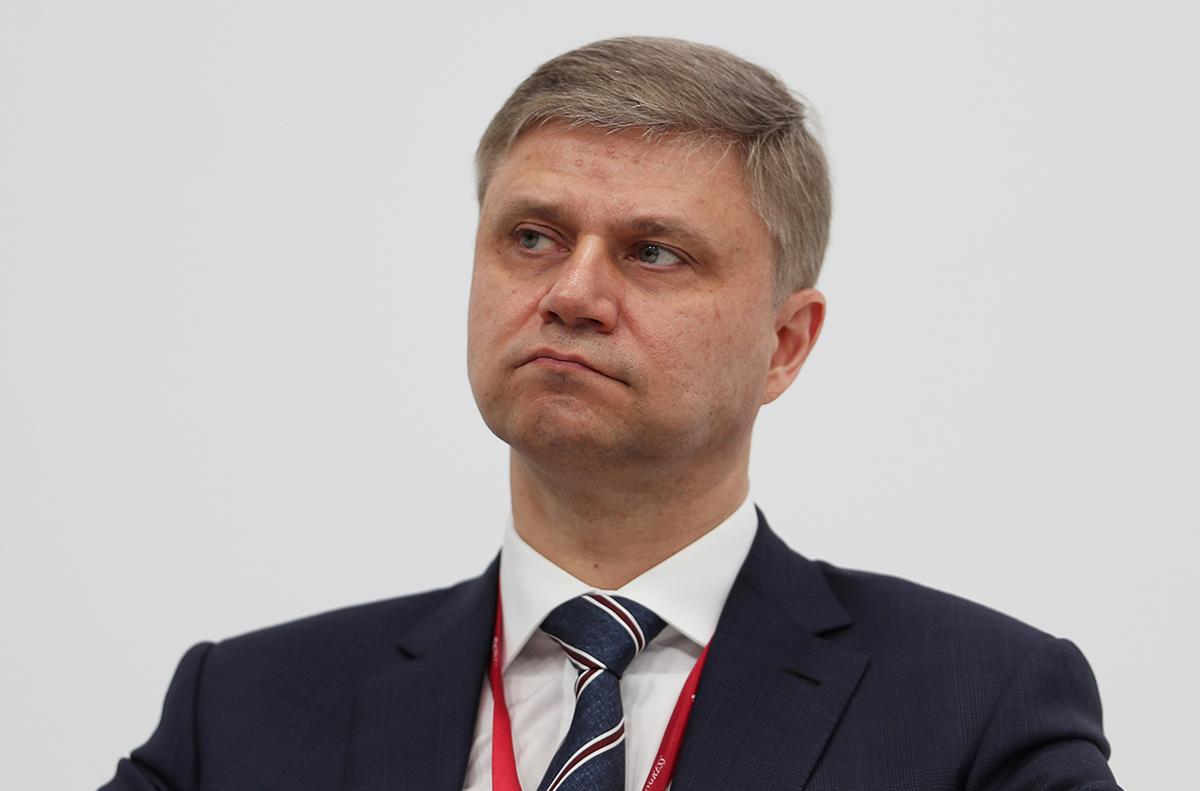The Rotenbergs’ Enforcer
What's the connection between the head of the Russian Railways Security Service and Vladimir Putin’s childhood friends

Russian Railways, RZD, is the largest state monopoly. It issues large contracts: the investment program of Russian Railways may exceed 800 billion rubles this year. Until 2015, a longtime friend of the Russian president, former state security general Vladimir Yakunin, headed Russian Railways, and RZD contractors were linked to his advisers and acquaintances. After Yakunin's resignation, these contractors were taken over one by one by Vladimir Putin's childhood friends, the Arkady and Boris Rotenberg brothers. They facilitated the replacement of the head of Russian Railways.
The Rotenbergs secured their interests in the state monopoly at various levels. Not only Oleg Belozerov, the president of Russian Railways, is well acquainted with them. Viktor Shendrik, head of the RZD security department, is also close to the Rotenbergs. IStories found out that his connection with the Rotenbergs can be confirmed at the business level. At the same time, he was not included in the sanctions lists, although he is related to investments in Europe.
Change of Personnel
Viktor Shendrik became one of the top managers of Russian Railways — the head of the security department — in 2016, at a time of a major change of personnel. Oleg Belozerov, who replaced Yakunin, relieved the state monopoly of almost all the key managers of the Yakunin period. At that time, seven board members left Russian Railways in the first six months.
The position of head of the security department is one of the most important in the state monopoly. Under Yakunin, former Federal Security Service (FSB) officer Alexander Bobreshov was in charge of corporate security at Russian Railways. And people who cooperated with RZD considered him almost a relative of Yakunin (earlier Bobreshov was a co-owner of security companies, which subsequently received contracts from Russian Railways). It was recently revealed that Bobreshov could afford a USD 3.5 million villa in Dubai.
The railroads have been under Yakunin's management for 10 years. After his resignation in 2015, it turned out that people close to him had long-term contracts with Russian Railways worth more than RUB 360 billion. While the entire investment program of the state monopoly in 2014 amounted to RUB 400 billion.
Yakunin did not allow other connections of the president to have access to the "railroad" money, acquaintances of the former RZD head told IStories. However, with his departure, everything changed. Arkady Rotenberg, a friend of Putin's, has always wanted to get his hands on the RZD contracts. In fact, the Rotenberg brothers contributed to Yakunin's resignation. And Belozerov, who replaced him, is an old acquaintance of theirs. In the early 2000s, he was the head of the Russian Fuel Company, where the Rotenbergs owned a stake.
In February 2022, Belozerov was close to dismissal: the government was dissatisfied with him for not working quickly enough on the reconstruction of the Baikal-Amur Mainline (Russian Railways had problems with contractors, the company had to attract the military and now the completion of the work is scheduled for 2024), says the source of IStories in RZD. The resignation was prevented by the outbreak of war and ties with Putin's friends. But Belozerov is not the only Rotenberg's man in Russian Railways. The head of the state monopoly's security department, Shendrik, is also their longtime partner.

Yet another member of the secret service
Before Viktor Shendrik came to Russian Railways, almost nothing was known about him. Shendrik graduated from the Moscow Border Institute of the FSB of the Russian Federation with a degree in Tactical and Special Communication Troops. He worked at the Vympel Special Forces Center of the FSB, according to his acquaintance. "Vympel" is considered one of the most classified units in the country, for its data collection and intelligence skills it is called "intelligent special forces".
"Shendrik did not work for Russian Railways, Arkady Rotenberg talked him into it. He plays the role of an enforcer for Arkady so that nothing in the company is stolen"
"He's always been a business guy, always lived well," says an acquaintance of Shendrik's. "His father knows the Rotenbergs: Shendrik did not want to work for Russian Railways, Arkady Rotenberg persuaded him. Viktor plays the role of an enforcer for Arkady so that nothing in the company is stolen," explains the source of IStories.
The business partners of Shendrik and his father were indeed the Rotenberg brothers and their associate Mikhail Cherkasov, another longtime partner of the brothers in judo and construction business. In addition, they co-owned an elite restaurant "Gusyatnikoff" in a three-story mansion in the center of Moscow and a mini-hotel located in a historic city manor that was built in the late 18th century (these assets were on the balance sheet of LLC "Basalt AG," which was liquidated in 2019).
Shendrik's father also partnered with Cherkasov in another hotel business. Shendrik Sr. bought the Mountain Villas complex in the village of Esto-Sadok in Sochi, not far from Krasnaya Polyana. The complex includes 12 three-level villas. The cost of renting these villas starts at RUB 10,000 (around USD 161) per day. The Mountain Villas website states that the hotel is part of the Razvitiye group of companies, whose founder and main shareholder is Cherkasov.
Already working for RZD, Viktor Shendrik, together with Cherkasov, had been trading vehicles and supplying buses for the Kemerovo Region Department of Transport and Communications for three years (the businessmen owned shares in Kuzbassbiznesavto LLC from 2013 to 2019).
Shendrik and Cherkasov's partners in this project were the spouses and relatives of prominent United Russia (the largest political party in Russia) parliamentarians: Nadezhda, wife of State Duma deputy Pavel Fedyaev, and Natalia, a relative of deputy Andrei Makarov. Fedyaev is the owner of coal mines and one of the richest men in Kuzbass. Makarov is an influential United Russia politician and head of the Duma Committee on Budget and Taxes.
Sanctions are not an obstacle to personal investments
This year, because of the Russian invasion of Ukraine, Russian Railways was subjected to sanctions by the European Union. In March 2022, the state monopoly announced it would launch trains to Crimea. The company took this step because it has nothing more to lose: it has already been restricted by the countries of the European Union, the USA, Great Britain, and Switzerland, and the former Austrian Chancellor Christian Kern has resigned from the RZD Board of Directors. In addition, in May, Russian Railways lost its contract with the German company Siemens: thus Russian Railways was effectively left without the new Sapsans (Sapsan is a Russian gauge high speed electric express train — Ed.) which were supplied and serviced by the Germans.
It is unclear whether Victor Shendrik terminated his European business. Since 2016, he has had a firm in Germany — VS Investment — and, judging by the registry statements, he is still listed as its owner. This firm owns a share in the Berlin investment company Union Vermögens und Beteiligungsgesellschaft (until 2016, Shendrik was a co-owner of the company). The very same Cherkasov is listed as Shendrik's partner there. In 2015, the investment company had EUR 10 million in assets, according to its reports, but by 2017 they were down to EUR 2 million.
Extracts from the registers show that Shendrik managed and owned German companies at the same time as he worked for Russian Railways. According to Russian law, employees of state-owned companies are prohibited from owning or using foreign financial instruments, which include stakes in foreign organizations "in cases provided for by law."
Who is now in possession of the state orders of RZD?
Before Yakunin's change of staff at Russian Railways, the Rotenberg companies concluded no significant contracts with the state monopoly. But IStories calculated that in 2016 Global Automation Systems LLC (GLOSAV LLC) of Arkady Rotenberg's son Igor and Russian Railways had already signed contracts worth RUB793.2 million, and in 2017 it was already worth RUB 1.167 billion. Since 2018, Russian state companies began hiding the names of their contractors and suppliers, and the government has only allowed information about the subject and amount of the contract to be published. Now RZD rarely publishes information about the most profitable deals.
But it is still possible to get an idea of who gets the most money now. In 2016, Forbes included the 1520 (Russian railway gauge in millimeters) group of companies in the list of the state order "kings" of Russian Railways under Vladimir Yakunin. It belonged to Andrei and Alexei Krapivin, Yakunin's former advisor and his son (Krapivin Sr. died in 2015). Judging by the company's official reports, the 1520 group remains Russian Railways' largest contractor even now. But at the end of 2019, it transpired that VEB.RF and Arkady Rotenberg's Stroyproektholding would create a joint venture, which would include the 1520 group. The merger of assets was to be completed by the end of 2021.
In 2020, the Russian Criminal portal and a number of Telegram channels reported that the Rotenbergs had allegedly gained control of another major RZD contractor, the R-Industria group. The group belonged to Yakunin's hunting partner, Vladimir Vasiliev. But now its owners are reportedly two little-known people.
The emergence of a kind of "viceroys" of the business clan close to the government in leading positions in Russian Railways may indicate that the state monopoly has been given to this clan, which will get the lion's share of its contracts. The decision about this was made at the level of the Russian presidency.